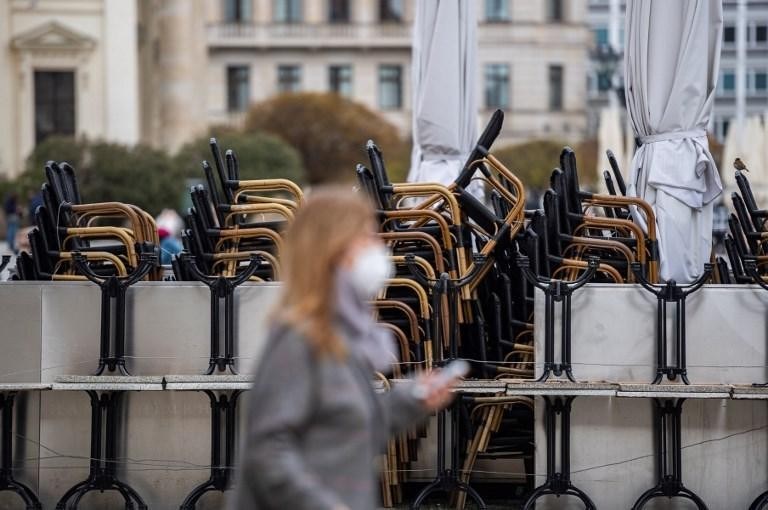At the height of the Covid-19 pandemic in 2020, Belgium entered into a series of sustained lockdowns, which saw the volume of work drop, resulting in working hours slumping.
Throughout 2020, Belgium was twice hit by major lockdowns — starting in March and in October — which saw many businesses, especially in the hospitality and culture sector, record a significant drop in demand.
As a result, working hours slumped by 8.5% in 2019-2020, according to a report published on 18 August by the Belgian Federal Planning Bureau, reversing the trend of increasing workload in four previous years
Lower education, fewer hours
Across the board, 2020 saw working hours decrease significantly across most professions, irrespective of working status, gender, or employment, however, the data shows that workers who are unskilled and the least qualified saw the greatest drop in the hours spent at work.
The relationship appears to be causal. The lower the level of education of a worker, the greater the drop in hours during the pandemic. The opposite can also be observed.
Those leaving school with just a primary or secondary school education saw a drop of 12% in their working hours. Those with short-type higher education diplomas (bachelor's degree) saw a 6% drop in wages, and 3% for long-type.
This difference can largely be explained by the fact that businesses in certain sectors that hire large numbers of less-qualified workers — hospitality, tourism, recreation and sports service — were impacted much more significantly by lockdowns than others.
“The extension of telework, which is easier to exercise by the most qualified, as an alternative to stopping work has also contributed to these differences between levels of study,” the Federal Planning Bureau’s report read.
Self-employed women impacted most
Self-employed people were particularly impacted by the pandemic. “The decline in the number of hours worked in 2020 was more marked among the self-employed than among employees,” the report noted.
Indeed, self-employed men saw a 13.5% drop in their hours compared to male employees. The trend is even more noticeable for women: self-employed women recorded a decline of 18.1% in work hours, versus 6.2% for female employees.
Related News
There was no large exodus of workers away from the country, as the number of people physically working in Belgium remained largely the same.
“The temporary support measures put in place for employees and the self-employed have contributed to these workers retaining their status, even if they had to interrupt their activities during the lockdowns,” the report notes.
The report even suggests that government support may have helped launch new companies, especially small businesses. The number of self-employed people rose by 1.6% in 2020, whereas the number of employees, for both sexes, has slightly decreased.

